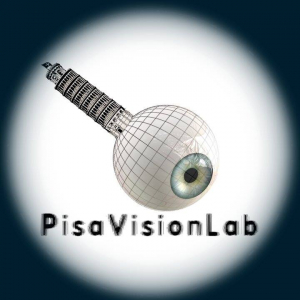2019
Anobile, G., Burr, D. C., Gasperini, F. & Cicchini, G. M. (2019).
Near optimal encoding of numerosity in typical and dyscalculic development.
Cortex, (120), 498-508.
https://doi.org/10.1016/j.cortex.2019.07.009 Download
Dyscalculia is often associated with poor numerosity sensitivity. However, it is not known whether the perceptual systems of dyscalculics have implicit access to the sensory noise of numerosity judgements, and whether their perceptual systems take the noise levels into account in optimizing their perception. We tackled this question by measuring central tendency and serial dependence with a numberline task on dyscalculics and math-typical preadolescents. Numerosity thresholds were also measured with a separate 2AFC discrimination task. Our data confirmed that dyscalculics had poorer numerosity sensitivity and less accurate numberline mapping. Importantly, numberline responses, as well as central tendency and serial dependence strengths, were well predicted by sensory thresholds and could be modelled by a performance-optimizing Bayesian model based on sensory thresholds, suggesting that the functional architecture of systems encoding numerosity in dyscalculia is preserved. We speculate that the numerosity system of dyscalculics has retained those perceptual strategies that are useful to cope with and compensate for low sensory resolution.
